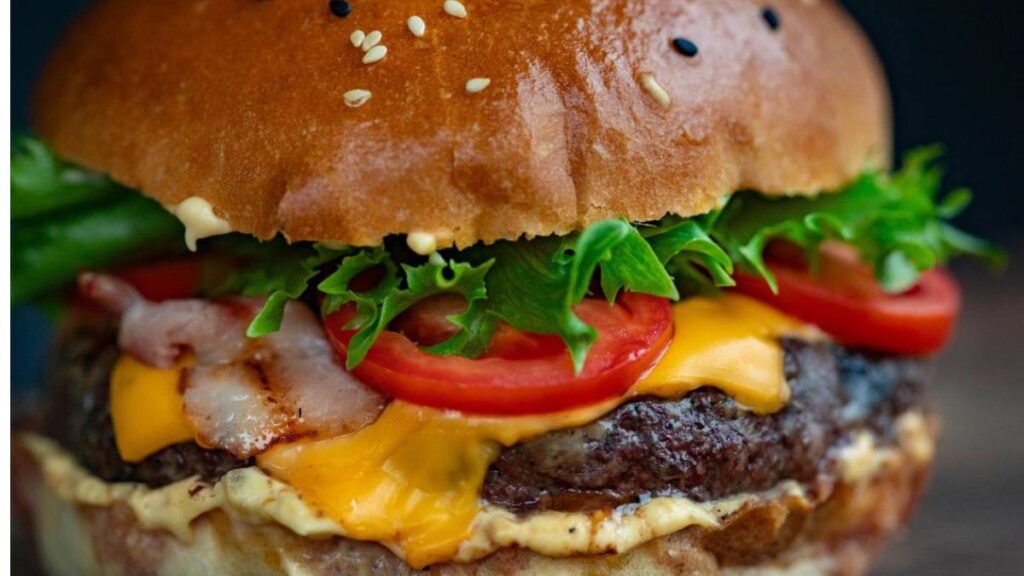Come summer this year, California will be rolling out a collection of laws that rescinds the right of service providers and other businesses to include extra fees on the product and service being offered.

However, this law will inevitably raise prices. For example, since added costs, like tips, have become illegal, restaurant owners would try to break even by increasing meal prices.
The Bill Has Already Been Signed Into Law
In October 2023, Governor Gavin Newsom of California signed Senate Bill 478 into law. However, it will only go into effect starting July 1, 2024.

This law targets what the California legislature calls “junk fees” associated with the state’s service industry. The new law will affect delivery apps, hotels, bars, and food and entertainment establishments.
Owners in the Food and Entertainment Industry Kick
Restaurant owners in California are not very happy about this new development, as some of them affirm that it will drive up meal prices.
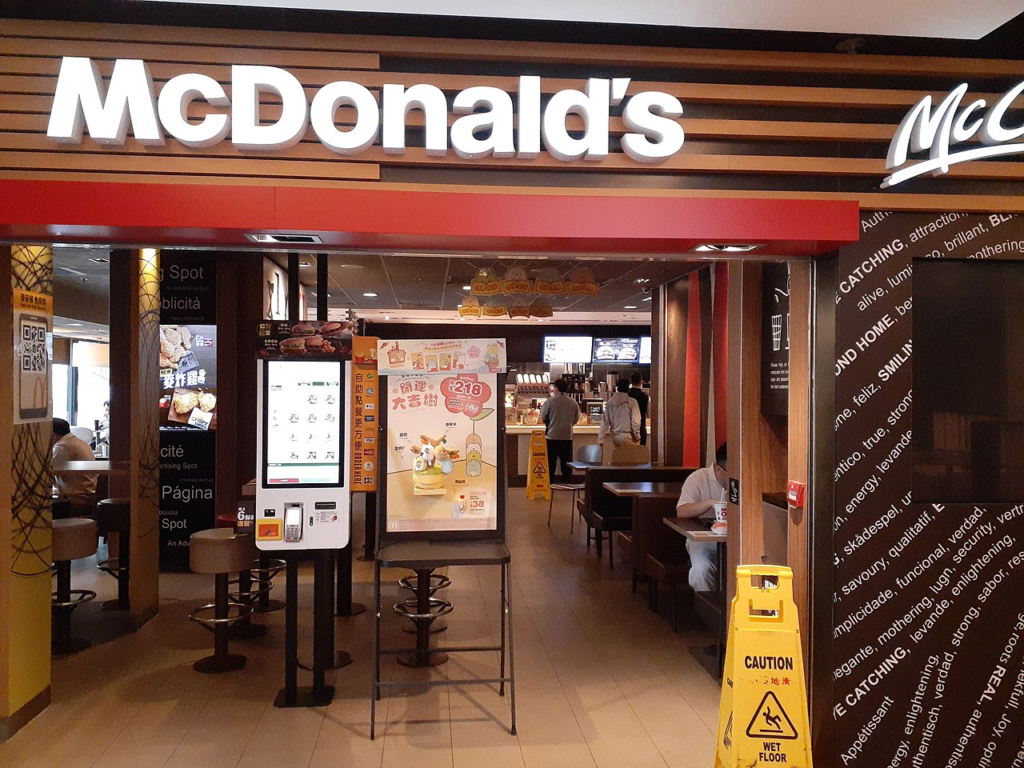
During a recent interview with Fox Business, Jon Taffer explained why surcharging has become second nature for restaurants across the United States. Mostly, Taffer suggests that it is simply a break-even strategy.
Giving a False Impression of Affordability
Taffer explained that many restaurants try to keep a competitive edge with their meal pricing and keep it as steady as possible. However, restaurants are forced to compensate for these excesses when meal preparation costs increase through surcharges.
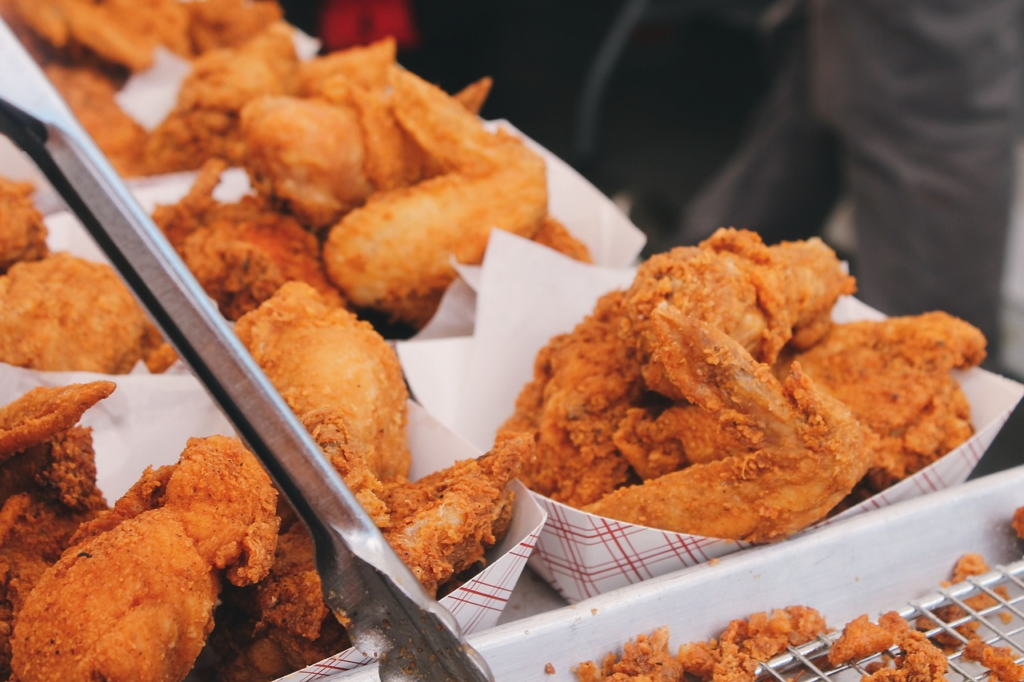
According to Taffer, the average restaurant owner would think, “I’m going to put a $2 surcharge on every [menu] item to cover my increased energy, food cost, or employee medical insurance costs.”
Exploiting Surcharges to a Fault
Taffer affirms that the food and entertainment industry seems to have learned from airlines, as they adopt a similar strategy.
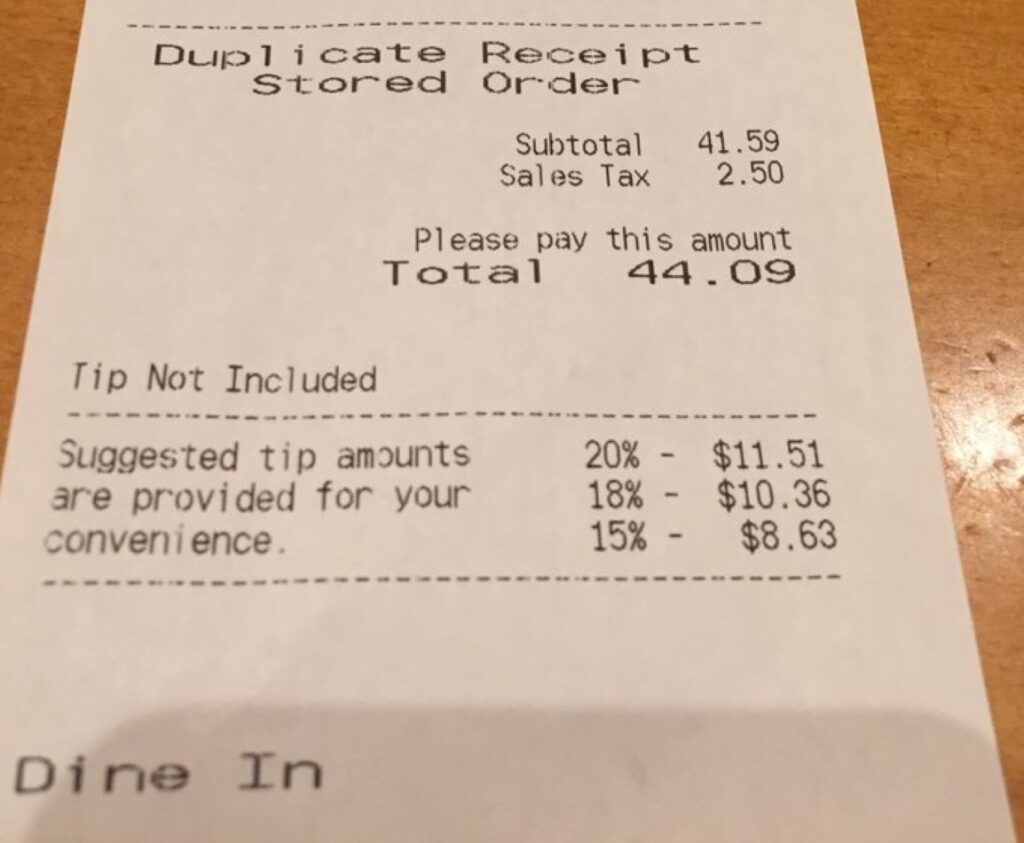
Meal surcharges can be compared to the extra charges that airlines slam on their customers for additional baggage or seat selection preferences. So, you find service providers exploiting any legal avenue to milk their customers.
The California Legislature Wades In As Customers Protest Against Surcharges
However, on July 1, California will start to consider these food and entertainment industry surcharges illegal.

In Taffer’s opinion, California is not doing well by interfering with the pricing dynamics that govern the food and entertainment industry. He is also emphatic that these surcharges apply in other states. So, why should California be special?
The New Law Will Not Douce the Woe of Diners
Taffer said, “I don’t believe that the state of California should be involved in the way that we go about doing our business.”

Taffer further explained that he does not particularly support the surcharges regime. However, he feels it is not enough to excuse the government of California to forbid restaurants from adopting or jettisoning a business practice.
Is a $30 Hamburger too Expensive?
In Taffer’s opinion, California’s legislative intervention in business practices is unnecessary. According to him, the laws of demand and supply are better left to govern the market share of restaurants.

In simple terms, California should permit diners to choose where they eat out—of course, based on their financial capabilities.
More Surcharges or Higher Meal Prices?
So, regardless of how much a restaurant charges for their meal, customers should be allowed to decide whether to eat there or stroll over to a cheaper alternative.
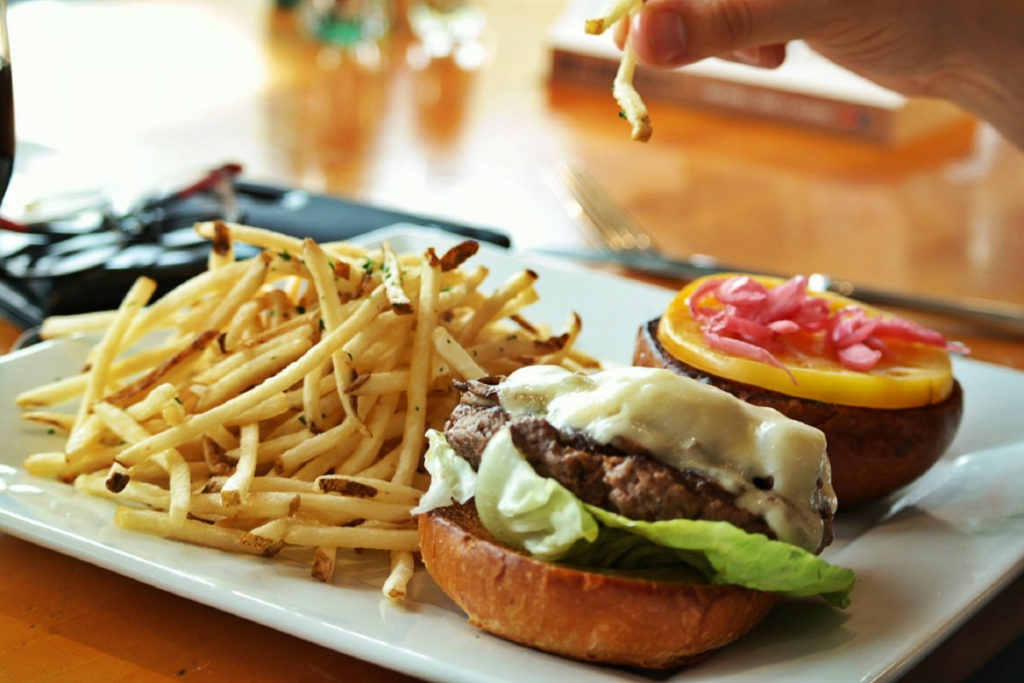
“For Taffer’s Tavern, we chose not to go with surcharges; we just dropped it onto the menu charges,” said Taffers during the FOX interview. So, even when the dish is expensive, leave it be, he recommends.
Businesses Are Struggling to Break Even
No one starts a business with the intent of accruing losses. So, with surcharges going out the window, which Taffer’s Tavern has acclimatized to long ago, meal prices will inevitably go up.
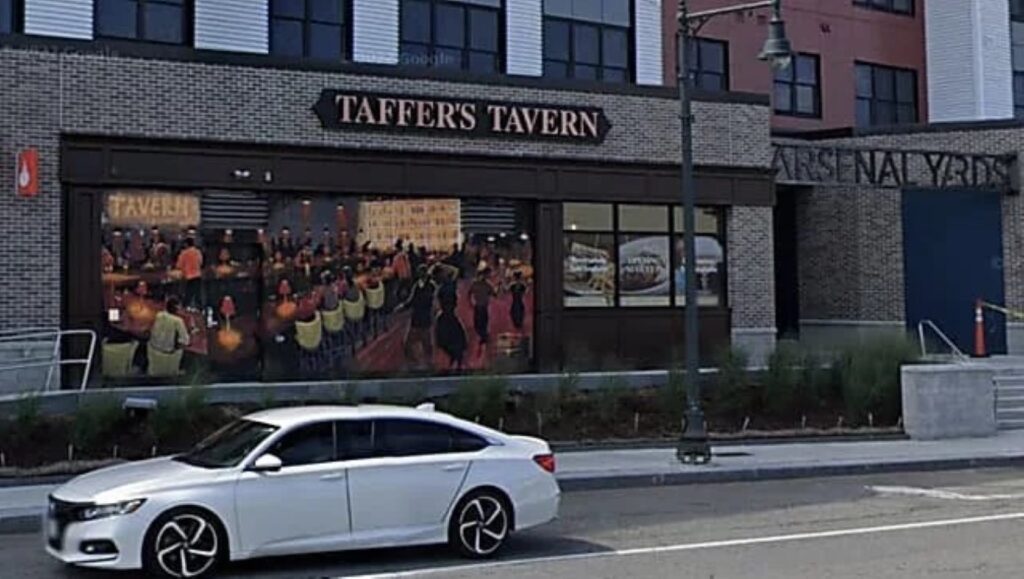
Taffer said customers are starting to come to terms with the realities of expensive meals. “The consumer is starting, dare I say, to get used to the $30 hamburger,” he said.
Inflation Has a Noose On the Profit Margin of Businesses
Likewise, Taffer points out that the Californian government is ignoring the effect of inflation and that a business mechanism must be in place to absorb the shock.
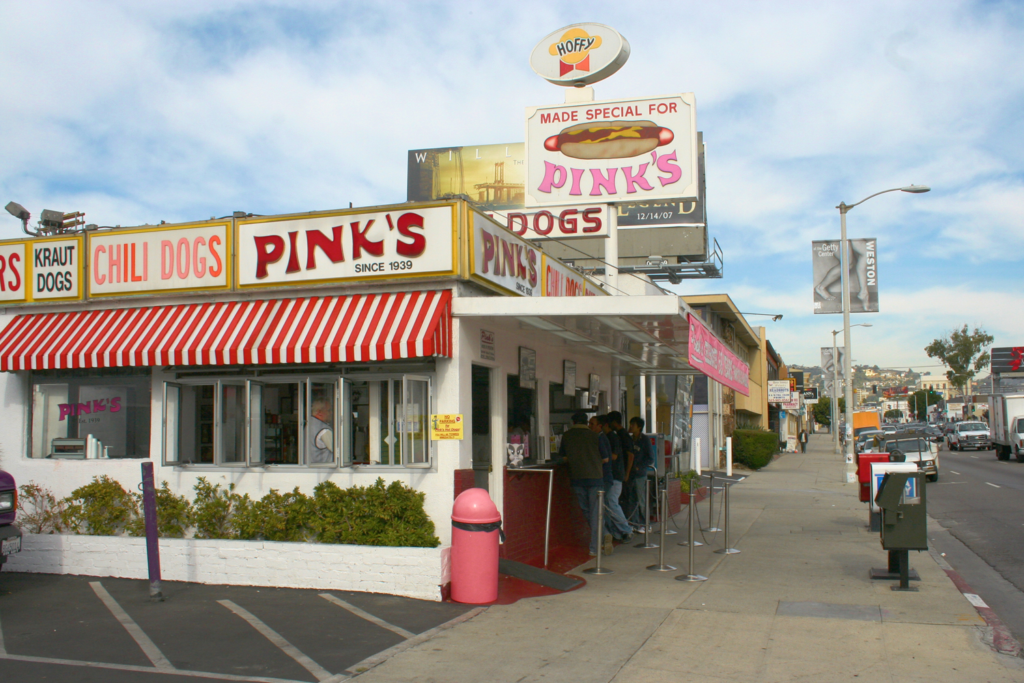
Many personal finance experts now advise eating out less often. Regarding how biting inflation has gotten, Taffer said, “Prices are incredibly high now—a hamburger in some markets cost[s] what a steak used to cost.”
Everything Has Gone Up In Price
Restaurant revenue has never been under such pressure as it is currently experiencing. Inflation has caused an upward review of administrative, labor, food, and beverage costs.

To avoid driving customers to the streets altogether, restaurants are only making minimal increases to meal prices and subsidizing costs. Instead, they use a significant portion of their revenue for this purpose.
Operating Restaurants On Tip Toes
Due to the tightness of expenses, restaurants are experiencing huge cuts to their profit margins. Many restaurants are becoming less adventurous with new products or services, except when they are proven to cut costs.
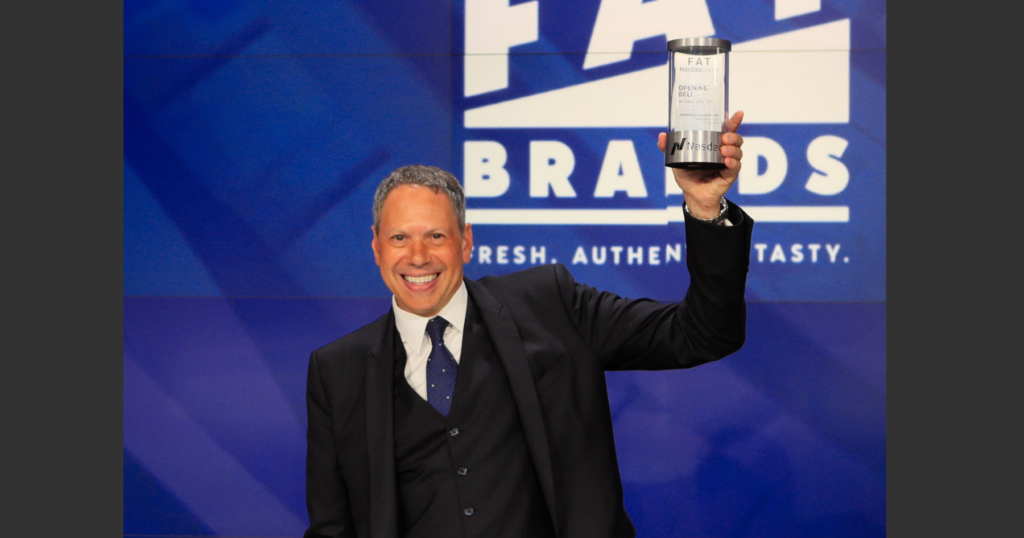
Andrew Wiederhorn, the founder and chairman of FAT Brands, agrees with Taffer that meal prices will rise due to recent minimum wage increases.
The Ripple Effect of Minimum Wage Increases
If restaurants now have to pay their employees a minimum wage of $20 per hour, you don’t expect meal prices to remain the same. It is, therefore, no surprise that customers have to pay an extra $5 the next time they order their favorite meal.

“Someone’s got to pay for it and the restaurant operators don’t have the margin for that,” said Wiederhorn.
Just Be Honest, Higher Prices Is Not One Person’s Fault
In conclusion, Taffer spoke about the importance of transparency in pricing, irrespective of the regulating laws in place.

He advised restaurant operators to come clean on the actual price of their meals. “Let’s do it honestly, let’s just do it through the menu,” said Taffer. Doing so would help other financial crises and policy changes take businesses with lesser shock.

